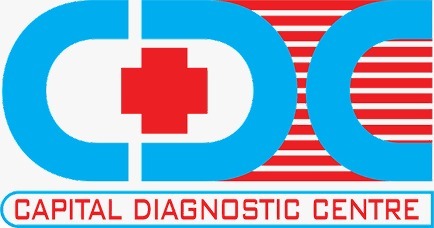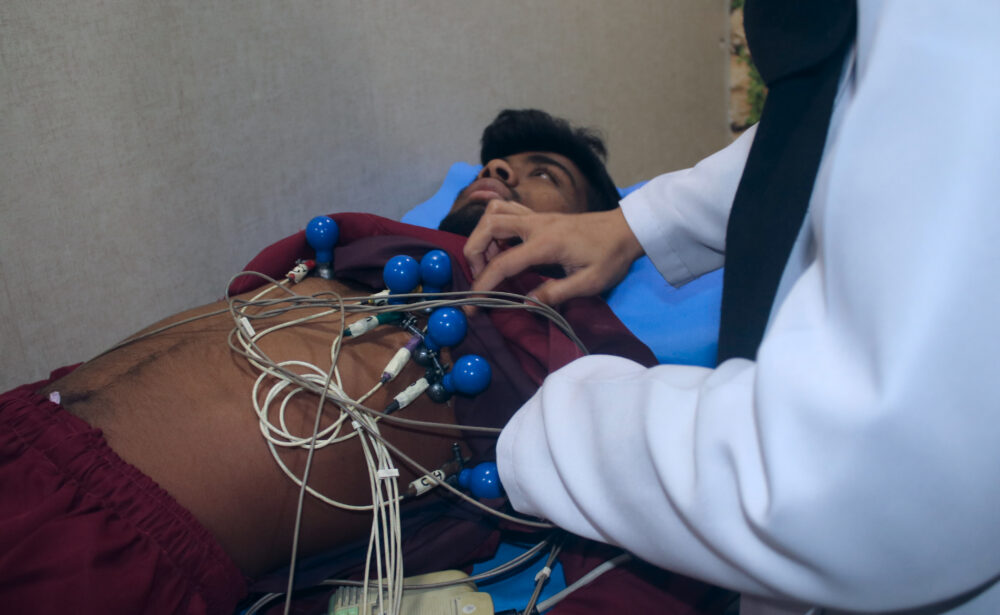Electrocardiogram (ECG) – Quick & Reliable Heart Monitoring at CDC
An Electrocardiogram (ECG or EKG) is a simple, non-invasive test that records the electrical activity of your heart.
It helps detect irregular heart rhythms, heart attacks, and other cardiac conditions.
At CDC, we use advanced ECG technology for quick and precise heart monitoring.
The test involves placing electrodes on the chest, arms, and legs to record heart activity.
ECG is painless, takes just a few minutes, and provides immediate results. It is an essential test for patients with chest pain, dizziness, shortness of breath, or palpitations. Routine ECGs help in preventing heart attacks and monitoring ongoing heart conditions. Trust CDC for fast, accurate, and expert-reviewed ECG tests.
Records Heart’s Electrical Activity
Quick & Painless Test
Essential for Heart Attack & Stroke Prevention
Benefits of ECG Research
ECG research improves early detection of heart abnormalities and arrhythmias. It plays a critical role in heart attack prevention and monitoring. Helps in assessing the effectiveness of heart medications. Supports early diagnosis of silent heart conditions.
- Quick & Non-Invasive Test
- Helps Detect Heart Irregularities Early
- Essential for Cardiac Risk Assessment
- Useful for Monitoring Ongoing Heart Conditions
Frequently Asked Questions (FAQs)
It identifies abnormal heart rhythms, heart attacks, and electrical heart issues.
The test takes about 5-10 minutes.
No preparation is needed, but avoid caffeine before the test.
No, it is completely painless and non-invasive.
CDC offers fast, accurate ECG tests with expert cardiology review.

